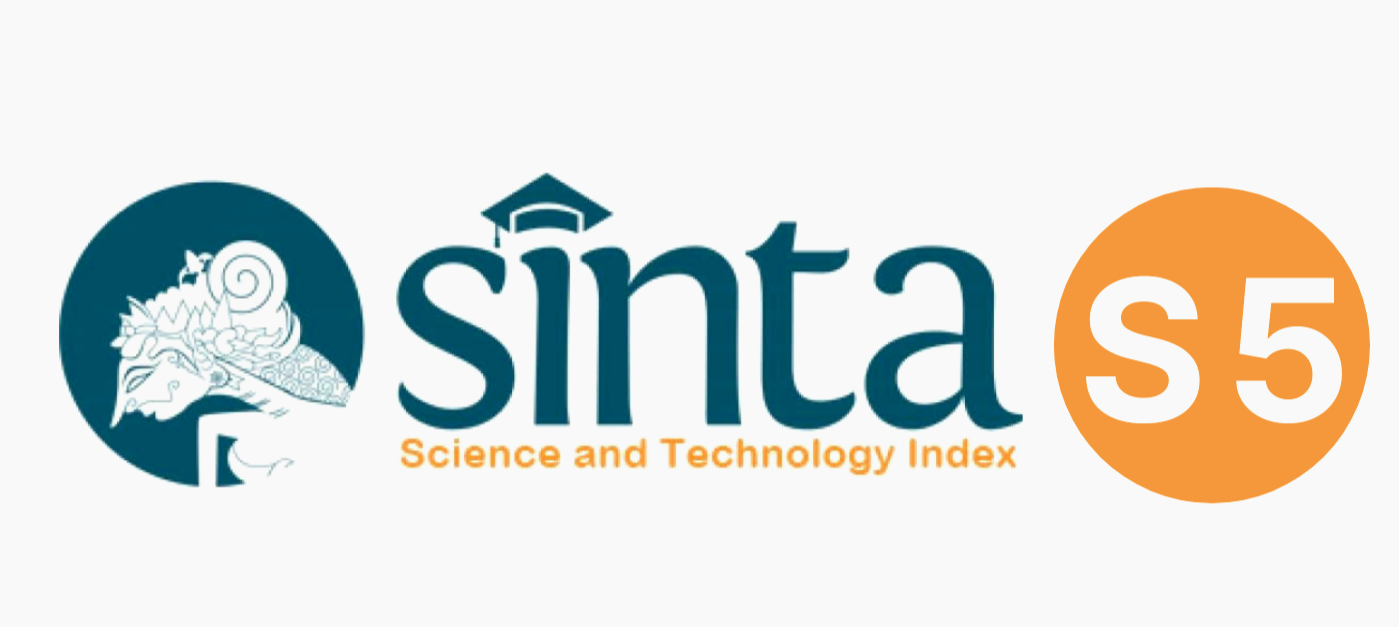FENOMENA OVERSHARING DI INSTAGRAM PADA GENERASI MUDA DI KOTA TANJUNG PINANG
 Abstract: 264
/
Abstract: 264
/  Abstract: 221
Abstract: 221
DOI:
https://doi.org/10.47753/je.v8i2.141Keywords:
Oversharing, Behaviour, Young GenerationAbstract
The use of social media for the majority of the younger generation is in the stage of adjusting to society's life. When using a smartphone and connected to the internet, social media users can freely interact without being hindered by time and place. This causes oversharing in the younger generation, oversharing, namely individual behavior that is excessive in sharing something on their social media accounts, with this oversharing the young generation in Tanjungpinang City has a pattern in uploading photos or videos on Instagram accounts. Researchers used a type of qualitative research method, with the technique of determining the informant, namely purposive sampling technique. Researchers took as many as 6 informants. With data collection techniques using observation, interviews, and documentation as well as data analysis techniques in this study using concepts related to symbols, existence and taste. The results of this study show that there are young people in Tanjungpinang City who upload photos or videos through symbols and display activities that show the existence and tastes of the account owner.References
Agustinah, S. W., & Dina Indriyani. (2019). Dampak Globalisasi Terhadap Perilaku Belajar Siswa Di Smk Negeri 1 Cianjur. Integralistik, 30(1), 53–62.
Amanda, D. (2019). Penggunaan Media Sosial Pada Ibu Rumah Tangga. Skripsi.
Balya, T. (2020). Penggunaan Whatsapp Grup Dan Email Dalam Media Pembelajaran. International Conference Communication Adn Sosial Science (ICCOMSOS), 1(1), 76–80.
Dillistone. (2002). Teori simbol menurut perspektif F.W. Dillistone. Teori Simbol Menurut Perspektif F.W. Dillistone, 1–33.
Djazifah, N. (2014). Proses Perubahan Sosial Di Masyarakat. Nucleic Acids Research, I(2), 1689–1699.
Ellya Rosana. (2011). MODERNISASI DAN PERUBAHAN SOSIAL. TAPIs, 7(.12), 1–30.
Herawati, E. (2012). ( Studi pada mahasiswa Marketing Communication FEK Binus University ). Humaniora, 4(2), 883–893.
Irwansyah. (2021). Pengembangan Sistem Informasi Manajemen Persuratan di Badan Informasi Geospasial. Inovatif (Inovasi Teknologi Informasi Dan Informatika), 4(2), 113–116.
Istiani, N., & Islamy, A. (2020). Fikih Media Sosial Di Indonesia. Asy Syar’Iyyah: Jurnal Ilmu Syari’Ah Dan Perbankan Islam, 5(2), 202–225.
Ngafifi, M. (2014). Kemajuan Teknologi Dan Pola Hidup Manusia Dalam Perspektif Sosial Budaya. Jurnal Pembangunan Pendidikan: Fondasi Dan Aplikasi, 2(1), 33–47.
Solina, E., Niko, N., & Elsera, M. (2023). Construction of Women in Religious Relations and Social Change on The Indonesia-Singapore Border, Batam City, Riau Islands. Ideas: Jurnal Pendidikan, Sosial, dan Budaya, 9(2), 499-506.
Zaenudiin, M., Asiah, D. H. S., Santoso, M. B., & Rifa’i, A. A. (2021). Perubahan Perilaku Masyarakat Jawa Barat Dalam Melaksanakan Adaptasi Kebiasaan Baru di Masa Pandemi Covid-19. Social Work Jurnal, 11(1), 1–12.
Zis, S. F., Effendi, N., & Roem, E. R. (2021). Perubahan Perilaku Komunikasi Generasi Milenial dan Generasi Z di Era Digital. Satwika : Kajian Ilmu Budaya Dan Perubahan Sosial, 5(1), 69–87.
Downloads
Published
Issue
Section
License
Articles published in Jurnal Empirika are licensed under the International License of Creative Commons Allowance-ShareAlike 4.0. The author is free to use any media to copy, change, or redistribute the paper, provided the author gives credit to the original author and this journal, links to the license, shows if modifications have been made, and redistributes it in the same permission. The author grants the right to any third party to use their posts following the Creative Commons Attribution-Share Alike International 4.0.












